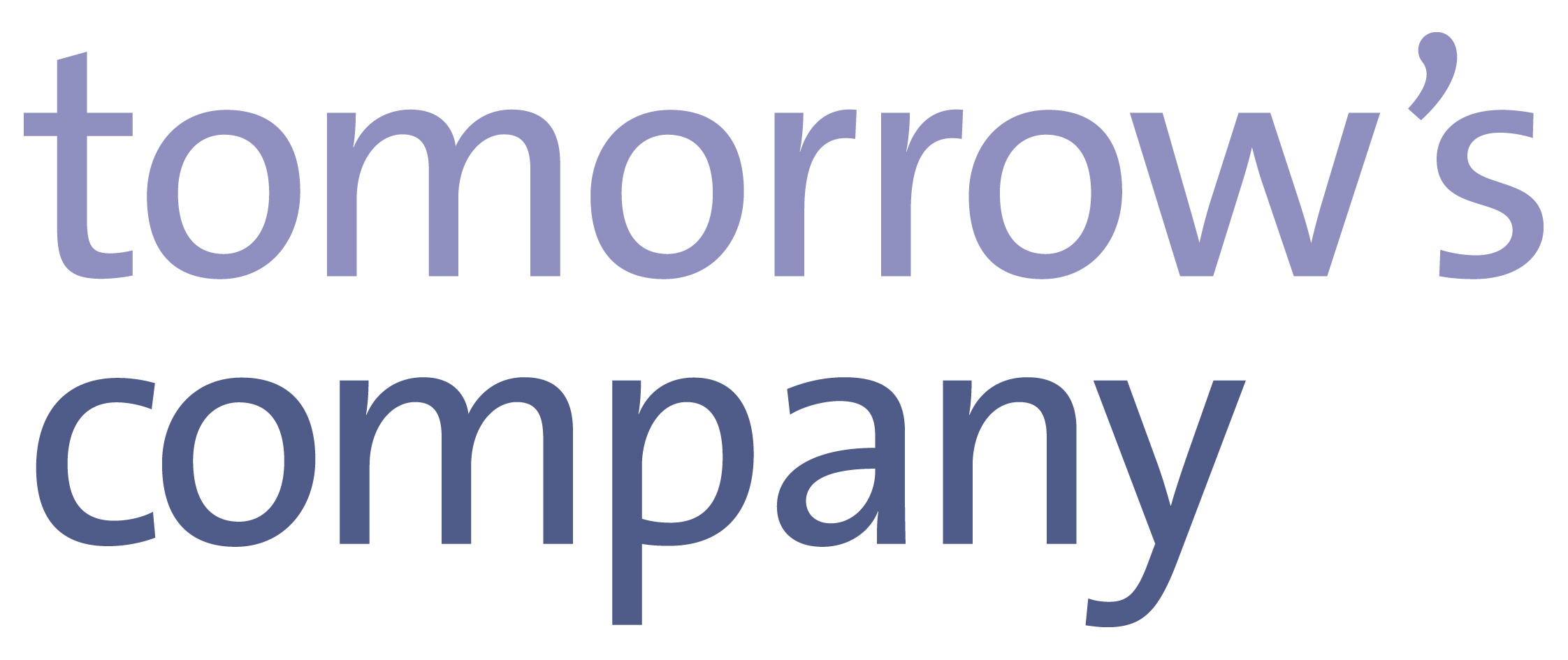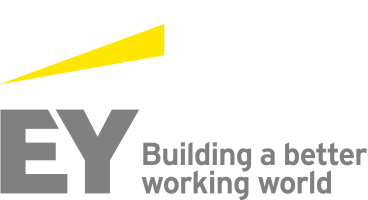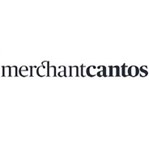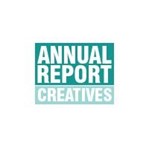EVOLUTION OF THE ANNUAL REPORT 2016

PROGRAMME
Registration and breakfast
Reporting in a post-Brexit world Brexit means Brexit! But what does that mean in corporate reporting? In the run up to the EU referendum vote, 65% of the FTSE 100 identified no material risk to their business from an EU exit result. But now that we know the outcome will this change the risk reporting in the next year’s reporting cycle? Additionally, many of the changes to reporting legislation have been developed in collaboration with the EU partners or as a result of EU directives. Will an EU departure change existing regulations or reduce the flow of change forecast over the next five years. Will Brexit mean more or less work for UK’s corporate reporters. Three speakers, already gazing into their Brexit crystal balls, share their thoughts. Session moderated by Karen Almeida, head of reporting, Conran Design Group
 Laurie Fitzjohn-Sykes
Laurie Fitzjohn-Sykes
director of research
Tomorrows Company
Mark O'Sullivan
director corporate reporting
PwC
From burden to business-as-usual: the evolution of responsible business and the implications for reporting With responsible business firmly in the mainstream but audiences often sceptical, how is it influencing reporting and how might it evolve. Session moderated by Ian Roe, director, sustainability, MerchantCantos
Mike Tyrrell
editor
SRI-CONNECT
Letitia Weeks
reporting manager
De Beers Group of Companies
Bringing corporate culture to life The Financial Reporting Council has encouraged businesses to increase their reporting focus on corporate culture. The organisation has advised that connecting corporate culture and a company’s values to its business model and measurable metrics helps prove the value of people to the business and thus promotes investment. In what ways are companies reporting on culture? What metrics are they using for measuring culture and its implications on the bottom line?
The evolving annual report
The annual report is evolving with each passing year. How is your company innovating its approach? With CtrlPrint, we surveyed investor relations and corporate communication professionals on the topic and we will explore the results in this short session.
The future of corporate reporting Though the printed annual report is still a requirement, corporate reporting is moving online at a rapid pace. The digital report has taken on a variety of guises in recent years. However, the model for corporate reporting is also shifting. From annual reporting, to quarterly, to nearly constantly, investor relations is non-stop. How will technology shape the future of corporate reporting? Is constant reporting possible and what are the challenges companies face in a changing world? Session sponsored by Andrey Kozhevnikov, managing director, Zebra Corporate Communications
Sue Harding
director
Financial Reporting Lab
Gilly Lord
partner and head of audit strategy and transformation
PwC
Transparency in the supply chain The introduction of the Modern Slavery Act of 2015 means businesses that turnover more than £36m per year are required to report on their lack of involvement in human trafficking and slavery. Thus, their supply chains are being drawn under increased scrutiny in the annual report. How do companies ensure there is transparency throughout the supply chain and within their reporting on supply chain and logistics management?
Jacqui Boardman
senior partner
Carnstone Partners LLP
Katie Kinloch
professional support lawyer
Addleshaw Goddard LLP
Calum Chace This conference has examined the evolution and future of corporate reporting. But, in his new book, “Surviving AI” Calum Chace, author and broadcaster, maintains there is “an event horizon beyond which the future becomes un-knowable”. With this in mind, Chace brings his crystal ball and describes a dystopian future where “the first artificial general intelligence becomes a superintelligence which introduces change to this planet on a scale and at a speed which unaugmented humans cannot comprehend.” In his view, this technological singularity will go hand in hand with an economic singularity – one that companies and countries will need to report and explain. Will corporate reporting be more or less relevant in a post-automation world. Calum Chace is a writer of fiction and non-fiction, primarily on the subject of artificial intelligence. Where he is unique is on applying the economic consequences of AI.

 Kevin Hills
Kevin Hills








